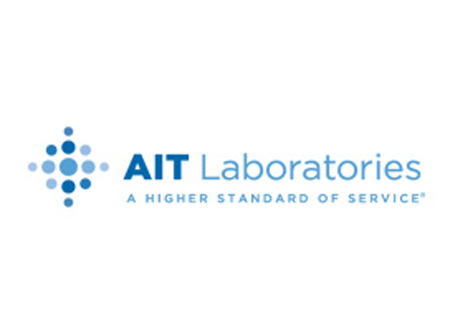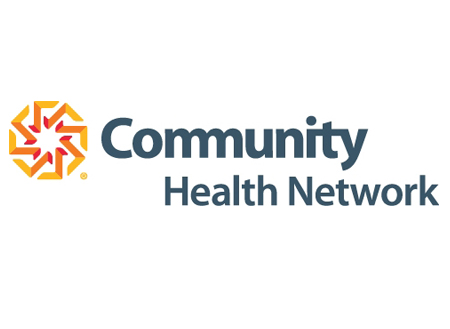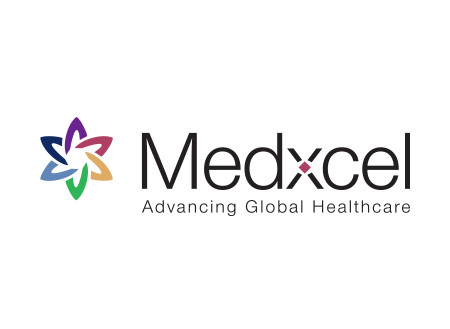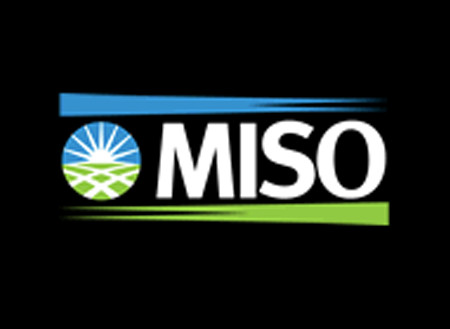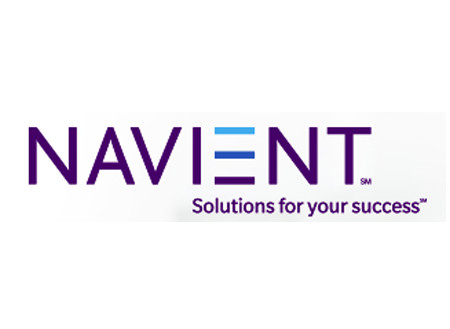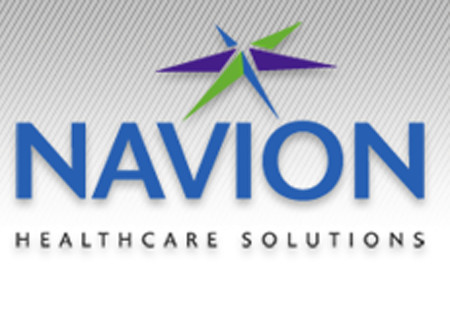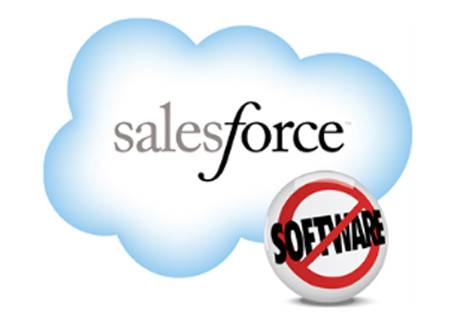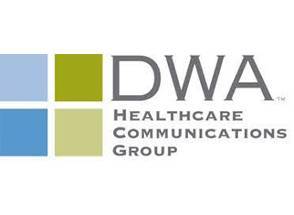Oddly, the United States will be the last major developed country in the world to adopt the ICD-10 standard. Or perhaps not so odd, given our national penchant for kicking the proverbial economic can down the road whenever it contains the short term suffering required for long term gain. Think sub-prime mortgages, stimulus packages and quantitative easing. Would that be one or two recession dips? But I digress…
From an information technology perspective, the national conversion from ICD-9 to 10 will make Y2K seem like a day at the spa. Experts say ICD-10 is orders of magnitude greater in scope than Y2K was. That’s why as a premier provider of IT solutions to healthcare providers and payers alike, Ambassador Solutions is keenly focused upon the ICD-9 to 10 conversion challenges. So, we recently tracked down Ambassador’s Director of Healthcare Solutions, Tom Walker, and asked him what all the fuss is about.
Tom: Today, under ICD-9, there are roughly 16,000 diagnostic and procedure codes. Under ICD-10, that number goes to 155,000…nearly ten times the number of codes. For example, there’s only one diagnosis code for a broken ankle under ICD-9. There are nine codes for a broken ankle under ICD-10, depending upon which ankle was broken, where the break occurred and what type of break it was.
Tom: Long term, patients should benefit from the richness of the data that can be mined from the expanded code set. That should improve our ability to identify best practices that will lead to better outcomes for patients. In the short run, however, patients are likely to get caught in the crossfire between providers and payers, as they work through the kinks in getting from ICD-9 to 10.
Brad: How so?
Tom: Without question, there will be an inordinate number of mis-coded claims in the early stages. The Blue Cross Blue Shield Association predicts a 10 – 25 % error rate for the first year. Payers will kick back such claims to the provider and/or the patient causing payment delays. Claim backlogs could grow so much that providers may refuse to provide additional patient care until they’ve been paid for previous care.
Brad: That could get ugly for the patients, Tom. What about the providers? What are some of their primary sources of angst over ICD-10?
Tom: Any time you take away a doctor’s time or money, you’re not going to have a happy doctor. ICD-10 does both. One recent study estimates the average cost per doctor at $25,000 to convert to ICD-10. That figure doesn’t even account for what may be the greatest true cost…delays in claim payments .
Brad: No wonder my doctor never smiles any more. How much will ICD-10 cost American healthcare providers overall?
Tom: The Department of Health and Human Services estimates the total cost to be around $3 billion through 2017.
Brad: That’s a good sized number. And, that doesn’t include the costs that the payers will incur. Correct?
Tom: That’s right, Brad. American Health Insurance Plans (AHIP) estimates that implementing ICD-10 could cost health insurers between $2 billion and $3 billion. As you said up front, there’s a tsunami headed our way and we now have less than two years to prepare for it.
Brad: I’m a bit confused, Tom. My research suggests that General Equivalency Mapping (GEM) makes the translation of ICD-9 codes into ICD-10 codes a piece of cake. What am I missing?
Tom: According to Deborah Neville, Director of Revenue Cycle/Coding/Compliance at Elsevier in Atlanta “Some hospitals have the false belief that general equivalence mappings (GEM) will replace the need to train coding personnel,” Neville adds. “This is not true. The GEMs can be used to aid in analytics and data processing, but are not meant to replace accurate coding by staff.” Remember my broken ankle example? GEMs will quickly get you to the nine possible new codes under ICD-10, but you’ll still need some training to know which one of the nine to choose.
Brad: Ahhh, I think I’m beginning to understand the problem. But, within most problems there’s an opportunity, right Tom? What are your thoughts on this statement from David MacLeod, VP of R&D of Technology Architecture at TriZetto in Newport Beach?:
“If planned for properly, transitioning to ICD-10 can be the biggest opportunity in a generation for payers to more-effectively manage care and run an efficient health plan.”
Brad: And, correct me if I’m wrong, Tom, but don’t providers and payers alike agree that we must find a better way than the “fee for service” model? After all, that model rewards providers for treating the sick versus keeping their patients well. Shouldn’t the entire healthcare system revolve around the concept of keeping people well?
Tom: Yes, there is general agreement that we must find a wellness driven model. But as always, the Devil is in the details.
Brad: Isn’t that where we come in?
Tom: As the Devil…or in the details? Just kidding. Yes, that is where we come in. Few, if any, providers or payers have sufficient internal resources to manage the ICD-9 to ICD-10 conversion on their own.
Brad: Thanks for your time, Tom. I’ll let our readers know how to contact us to learn more about our ICD-10 conversion services. In the meantime, you better get back to that ICD-10 test plan project you’re working on. That tsunami won’t stop for lame excuses and poor planning.



